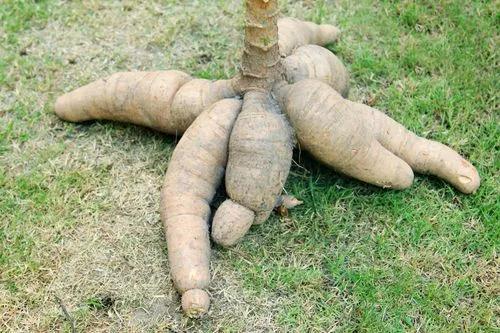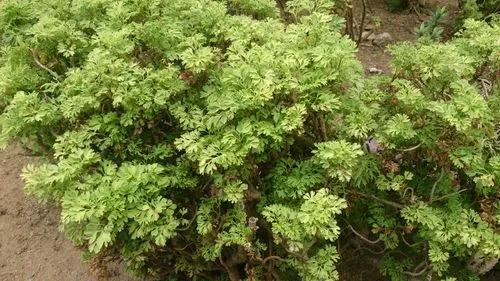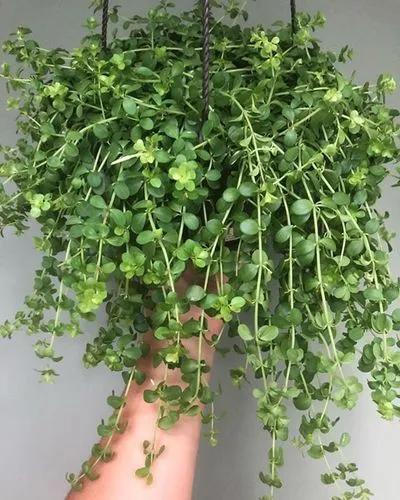Aglaonema costatum, called the spotted evergreen, is a species of flowering plant in the genus Aglaonema, native to Bangladesh, Thailand, Peninsular Malaysia, Laos, Cambodia and Vietnam. A. costatum typically reaches about 60 cm tall and 30-45 cm wide. Its leaves are typically about 20 centimeters long, ovately shaped, with entire margins. They are green, with a white stripe along the midrib and a number of irregularly shaped white spots. In the summer, it produces white spathe-and-spadix flowers, about 2-3.5 centimeters long.
Aglaonema Costatum Care
Aglaonema Costatum



How to Care for the Plant

Water

Water thoroughly in the summer and mist the plant often to raise the humidity. During the winter, reduce watering but do not let the plant dry out completely. Aglaonemas can be potted in well drained soil and should be fertilised twice a month during the growing season.

Pruning

Because of the dense leafing of the plant, trimming Chinese evergreens is not a must. In fact, since new growth appears from the plant crown, pruning Chinese evergreen plant leaves can kill the entire plant.

Fertilizer

It doesn’t require fertilizer, but will grow best if fertilized once or twice a year in spring or summer (or every six months) with a general-purpose houseplant fertilizer.

Sunlight

Low / Indoor Condition

Soil

Indoor plants may be potted in a mixture of potting soil and styrofoam.

Container

They are often displayed in containers, both indoors and outdoors.

Additional

Aglaonema plants are poisonous due to calcium oxalate crystals. If ingested they cause irritation of the mucous membranes, and the juice can cause skin irritation and painful rash.

Popularity

196 people already have this plant 30 people have added this plant to their wishlists
Discover more plants with the list below
Popular articles






